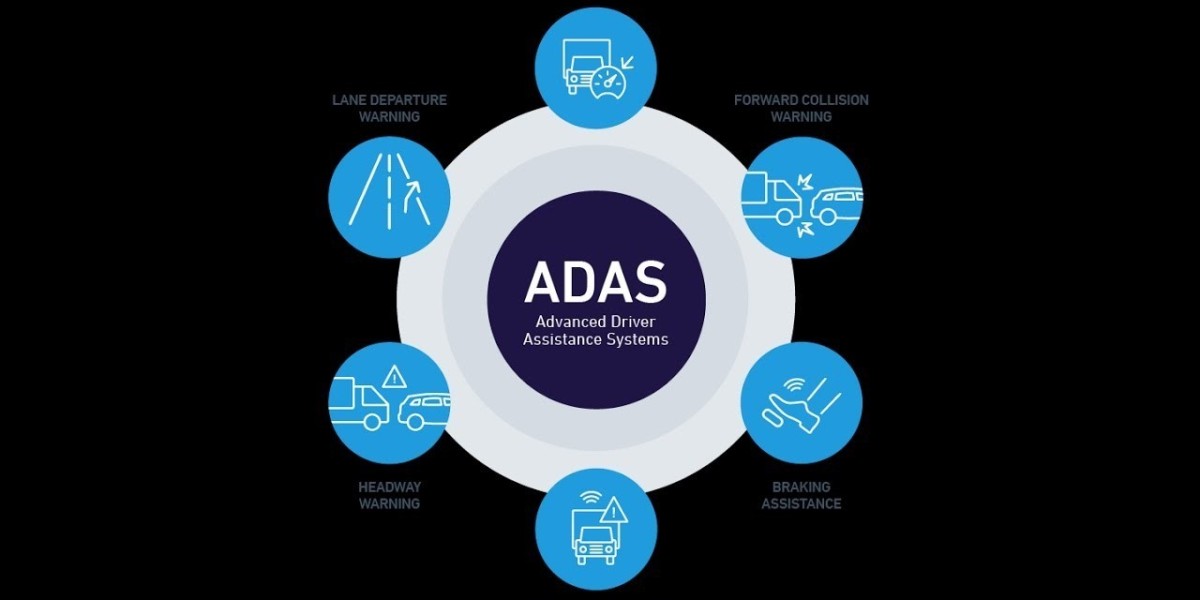In the dynamic landscape of human resources (HR) and leadership development, 360-degree feedback has emerged as a pivotal tool for fostering employee growth, enhancing leadership effectiveness, and driving organizational progress. This comprehensive review delves into the realm of 360 feedback, uncovering its significance, impact, and benefits in modern workplaces.
Understanding 360-Degree Feedback
360-degree feedback, often referred to as multi-rater feedback or multi-source assessment, is a process that solicits feedback from multiple sources about an individual's performance, behaviours, and competencies. Unlike traditional performance appraisals, which primarily involve feedback from supervisors, 360 feedback gathers input from various stakeholders, including peers, subordinates, managers, and sometimes even external partners or customers. This holistic approach provides a comprehensive view of an individual's strengths, weaknesses, and development areas.
Impact on Employee Development
A key advantage of 360-degree feedback lies in its significant influence on the development of employees. By collecting feedback from diverse perspectives, employees gain valuable insights into their performance, communication styles, and interpersonal skills. This comprehensive feedback fosters self-awareness, enabling individuals to identify areas for improvement and leverage their strengths more effectively. Moreover, the feedback received from peers and subordinates promotes a culture of accountability and collaboration, encouraging employees to actively engage in their professional growth and development journey.
Enhancing Leadership Effectiveness
360-degree feedback is particularly instrumental in evaluating leadership effectiveness and nurturing future leaders within an organization. Leaders play a critical role in driving team performance, fostering innovation, and cultivating a positive work environment. Through 360 feedback, leaders receive insights into their leadership style, communication effectiveness, and relationship-building skills. This comprehensive assessment enables leaders to identify blind spots, refine their leadership approach, and adapt their behaviours to better meet the needs of their team members and stakeholders. Furthermore, by involving multiple stakeholders in the feedback process, organizations can ensure a more balanced and accurate assessment of leadership competencies.
Fostering a Culture of Constructive Feedback
360-degree feedback promotes a culture of continuous improvement and constructive feedback within an organization. Unlike traditional performance evaluations, which often focus on past performance and numerical ratings, 360 feedback emphasizes ongoing development and actionable insights. By encouraging open and honest communication among colleagues, 360-degree feedback cultivates a culture of trust, transparency, and accountability. Employees feel empowered to provide feedback to their peers and leaders, knowing that their input is valued and contributes to individual and organizational growth. Moreover, by embracing feedback as a catalyst for learning and development, organizations can create a supportive environment where employees feel motivated to strive for excellence and continuously elevate their performance.
Conclusion
What is 360 degree feedback? In today's fast-paced and competitive business environment, organizations must leverage innovative tools and strategies to nurture talent, drive performance, and sustain long-term success. 360-degree feedback has emerged as a cornerstone of modern HR and leadership development practices, offering a holistic approach to performance evaluation and employee development. By harnessing the power of multisource feedback, organizations can empower employees to thrive, cultivate effective leadership, and foster a culture of continuous improvement. As organizations continue to evolve and adapt to changing dynamics, 360-degree feedback will remain a vital tool for unlocking the full potential of individuals and driving organizational growth.



